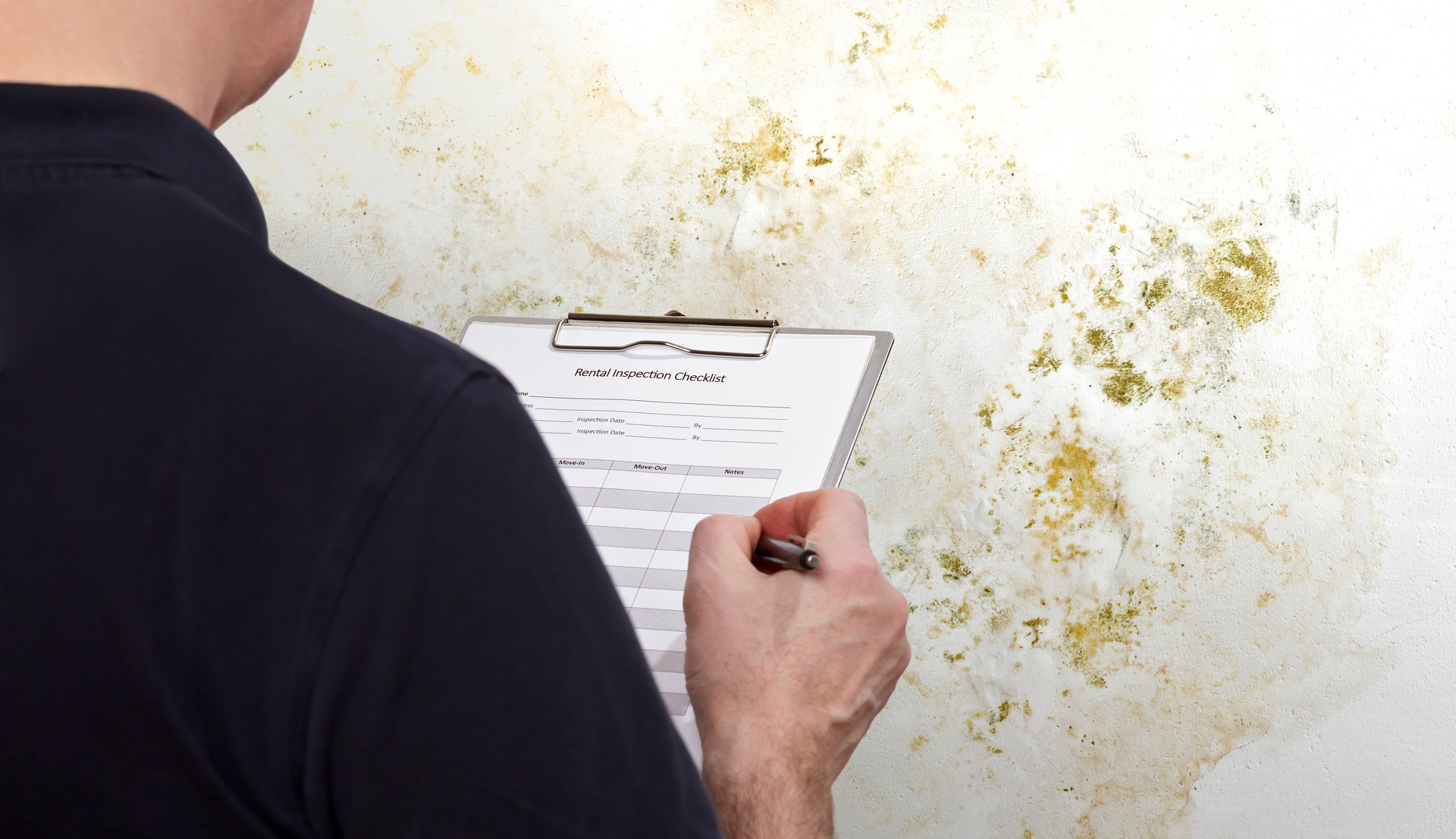Proposed Amendments to Awaab's Law: Why Landlords Must Protect Tenants from Damp and Mould
Learn about the proposed amendments to Awaab's Law, requiring landlords to address damp and mould in social housing to protect tenants. Stay updated on the latest developments.
Proposed Amendments to Awaab's Law: Why Landlords Must Protect Tenants from Damp and Mould
What Is Awaab's Law?
Awaab's Law is a proposed legislation requiring the Secretary of State to set clear deadlines for social housing repairs. It aims to ensure that landlords in the social rented sector promptly attend to and repair faults reported by tenants.
An issue that underscores the importance of Awaab's Law, enacted after the tragic death of Awaab Ishak due to prolonged exposure to mould in his home, is the prevalence of mould in social housing. Prolonged exposure to mould is not just an aesthetic problem; it can be detrimental to residents' health, particularly those with respiratory conditions or weakened immune systems. Awaab's Law, with its mandated repair timelines, could significantly help in addressing such issues. The law could ensure that issues like dampness, which often lead to mould growth, are promptly addressed by landlords, thereby drastically improving living conditions and protecting the health of tenants.
The changes are proposed in the new rules regarding landlord obligations for damp and mould?
The update to Awaab's Law in 2024 introduces stringent time restrictions on social landlords, necessitating prompt action on their part to address maintenance and repair issues. As per the revised law, landlords are now mandated to respond to any reported housing defects within 24 hours. Under the new powers of Awaab's Law, non-emergency repair requirements have a stipulated resolution timeframe of not more than ten days, fostering more responsive and responsible landlord behavior. It is hoped that this amendment will expedite the repair processes, improving timely upkeep, and enabling better living conditions in social housing. The law’s penalties for non-compliance further accentuate its seriousness, pushing landlords to meet their responsibilities or face consequences - in the hope of eradicating the risk to tenants health due to the impact of mould going forward.
What Causes Mould in Social Housing?
Mould is caused by the presence of moisture, warmth, and organic matter. When these conditions are present, mould spores, which are constantly floating in the air, can land on a surface and start to grow. Areas with poor ventilation, such as bathrooms and basements, are particularly susceptible to mould growth. Leaks in pipes or roofs can also create the perfect environment for mould to thrive. Additionally, high humidity levels can contribute to mould growth, especially in climates with a lot of rainfall.
How To Prevent Mould In Homes
To prevent mould, it's essential to control moisture in your home. Any leaks or wet areas must be fixed/dried within 24-48 hours. Exhaust fans can be used in bathrooms and kitchens to reduce humidity, and a dehumidifier can help damp areas. Also, it is advised to keep indoor humidity levels between 30-50% to discourage mould growth and regularly clean and maintain gutters and downspouts to direct water away from the home's foundation. Ensure proper ventilation in crawl spaces and attics and use mould-resistant paint in high-moisture areas. Finally, consider using a HEPA filter in your HVAC system to capture mould spores. Landlords and homeowners should inspect and maintain their home to prevent mould from taking place.
Why Mould Occurs In Social Housing: How to Better Protect Tenants
Mould is a common issue in social housing due to poor ventilation and insulation, as well as inadequate maintenance. Many social housing units are older buildings that may not have been properly sealed or insulated, leading to moisture accumulation and the perfect environment for mould growth. Additionally, tenants in social housing may not have the means to address potential sources of moisture, such as leaking pipes or poorly ventilated bathrooms, therefore the landlord must orgistrate regular property inspections to prevent mould spores from growing. The lack of resources and support for maintenance and repairs in social housing can exacerbate problems like mould, posing challenges for social landlords. This can have a significant impact on the health and well-being of tenants, creating the need for better housing standards and support for maintenance in social housing - which hopefully the new amendments to Awaab's Law will ensure.

Share this post:



